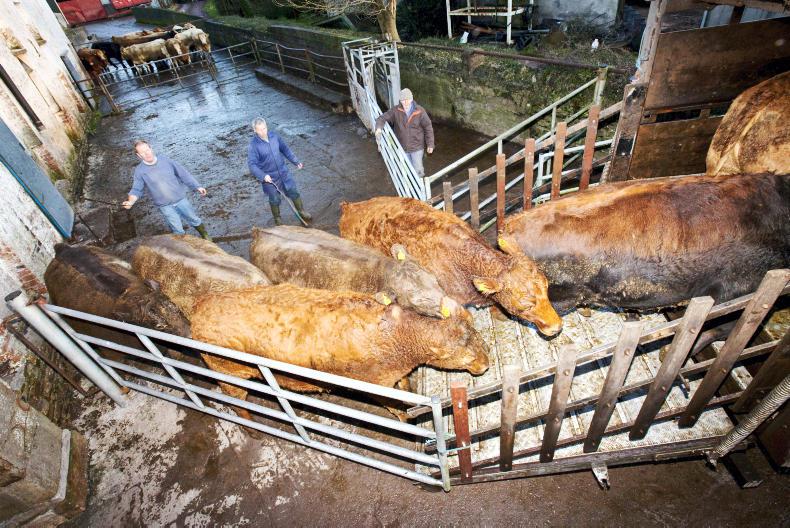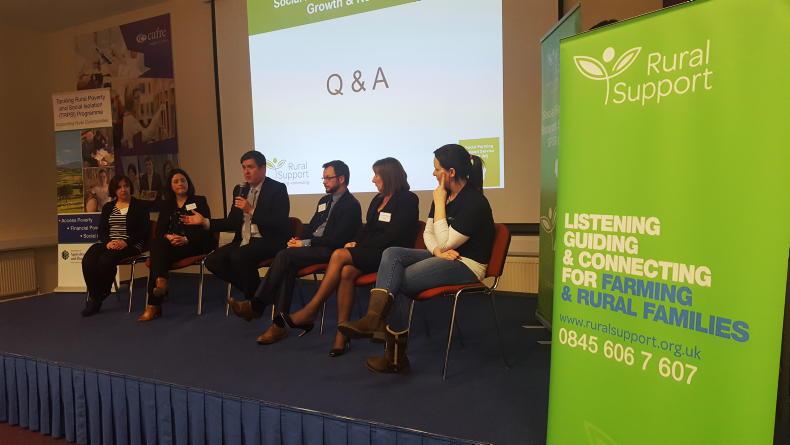The number of sheep and cattle moving between Britain and NI has plummeted, a Westminster committee of MPs was told on Wednesday.
Quoting official DAERA figures, Daryl McLaughlin from the Ulster Farmers’ Union (UFU) said only 30 sheep moved from Britain to NI in the first quarter of 2021, which compares to almost 9,915 sheep during 2020.
The issue stems from the NI protocol element of the Brexit withdrawal agreement, as all sheep entering NI from Britain are now required to be scrapie-monitored.
Barrier
Another issue is an indirect barrier to selling NI pedigree livestock at sales in Britain.
All NI-origin cattle and sheep now need to complete a six-month residency period in Britain if they are not sold or are bought by another NI-based breeder.
It’s a very uneven playing field at the moment
Neil Shand from the National Beef Association (NBA) said 201 pedigree cattle from NI were sold at Stirling and Carlisle during 2019, with an estimated value of up to £1.5m.
He compared it to only six NI-origin animals that have been sold at the two venues so far this year.
“It’s a very uneven playing field at the moment, with the GB market fully aware of the restrictions placed on NI vendors. They are selling in an open market with their backs against the wall because they have no option to return [to NI],” Shand said.
Re-tagged
Several speakers also raised concerns about the requirement for cattle to be re-tagged when moving from Britain to NI, and questions were posed about the impact that removing tags could have on livestock traceability.
We feel a little bit aggrieved
It was suggested that a veterinary agreement between the EU and UK could help resolve ongoing issues relating to the movement of livestock across the Irish Sea.
However, this was seen as a medium- to long-term solution, and industry representatives were clear that much more flexibility with rules should be granted in the short term.
“We feel a little bit aggrieved that used farm machinery and untraceable pot plants have been given a derogation to freely move between GB and NI, whereas livestock, which are an integral part of the food supply chain, have not,” said Neil Shand from the NBA.









SHARING OPTIONS